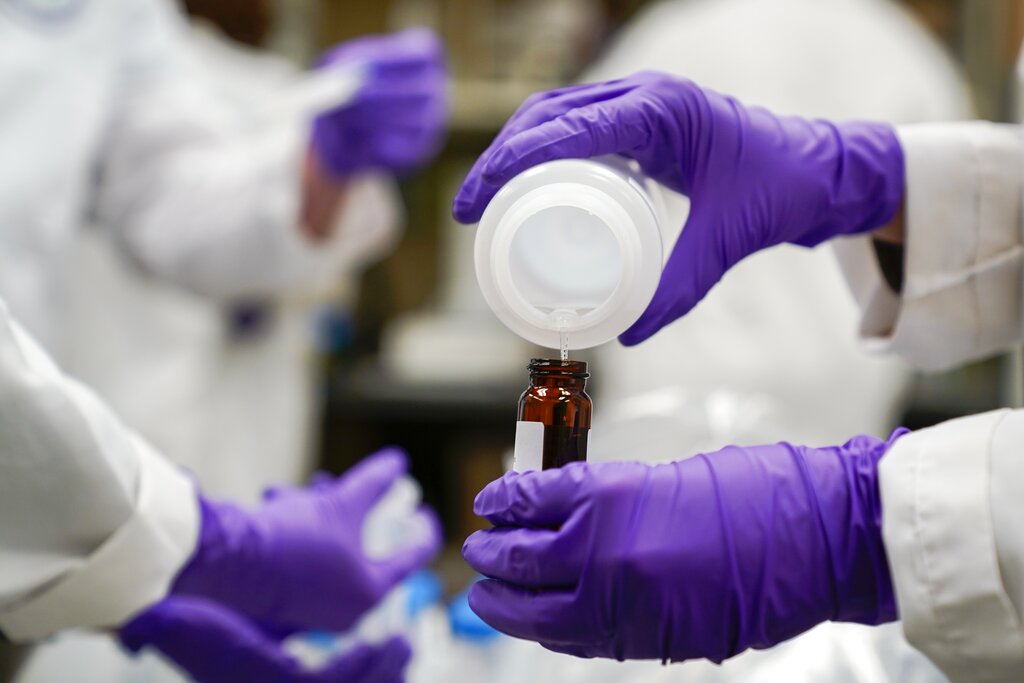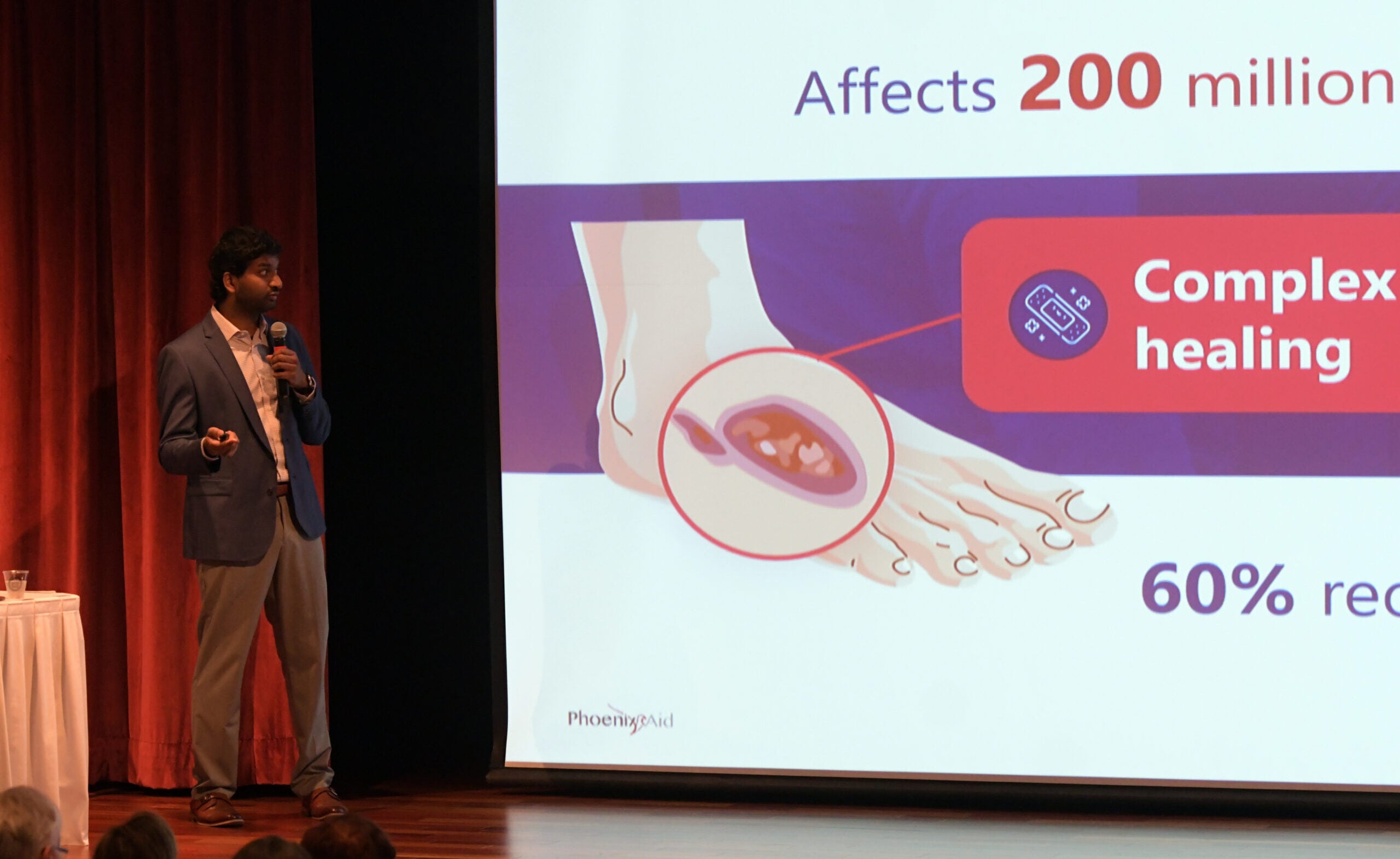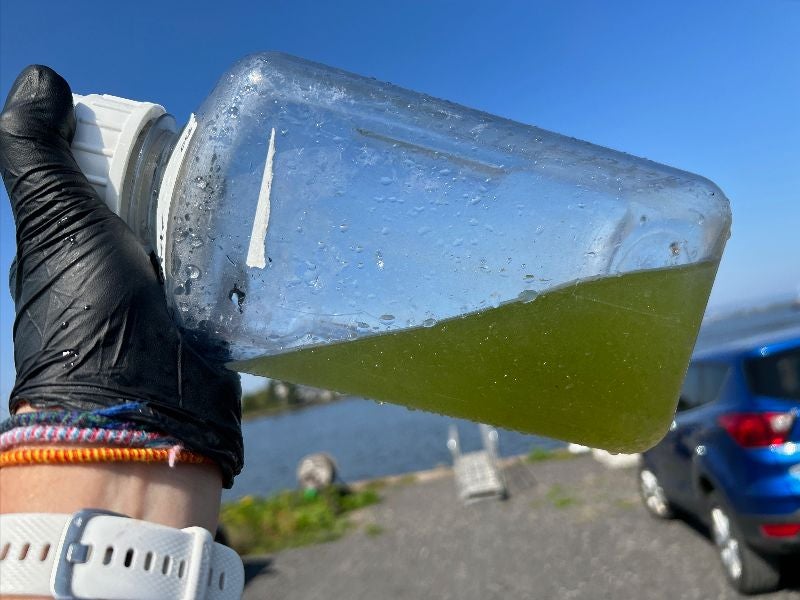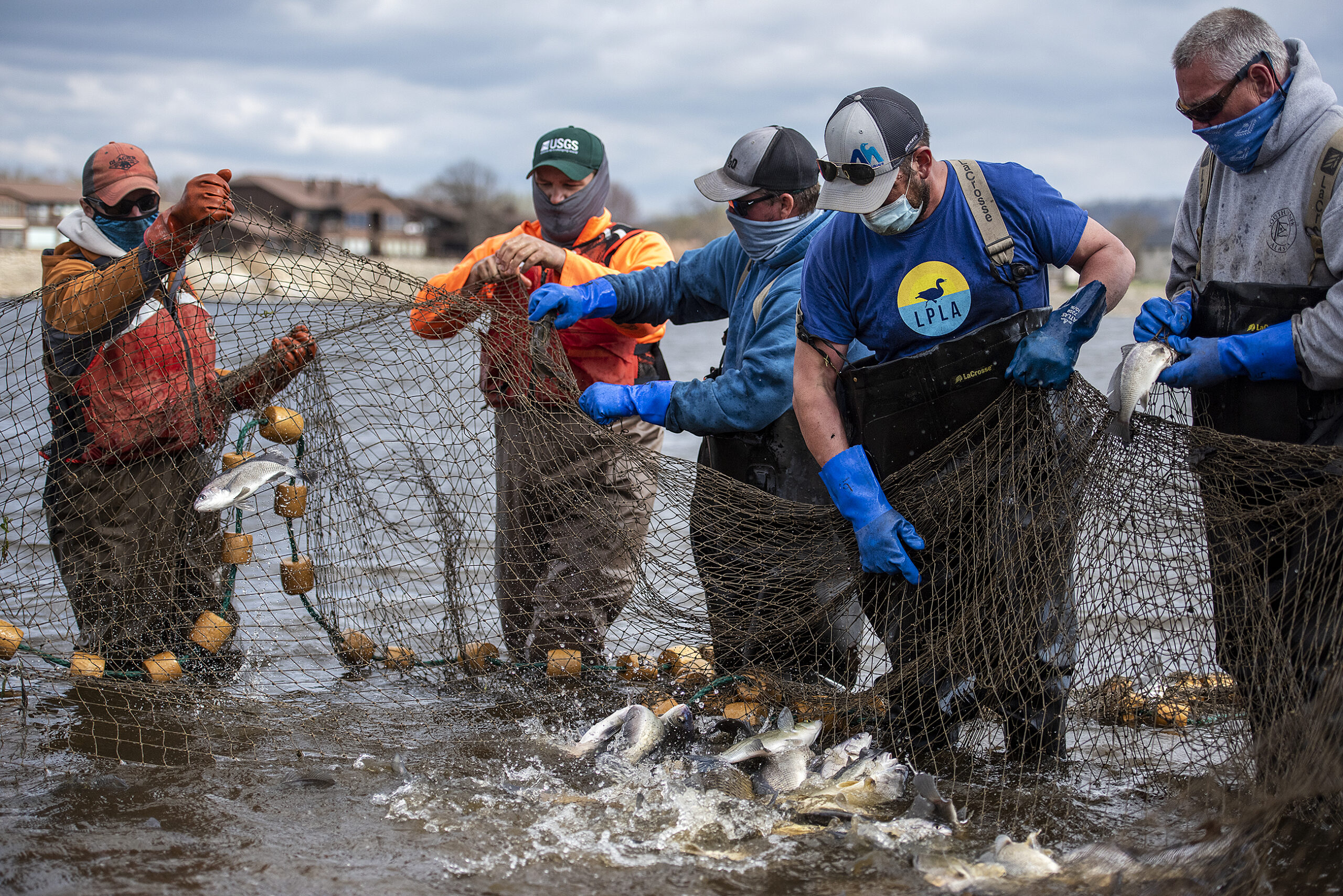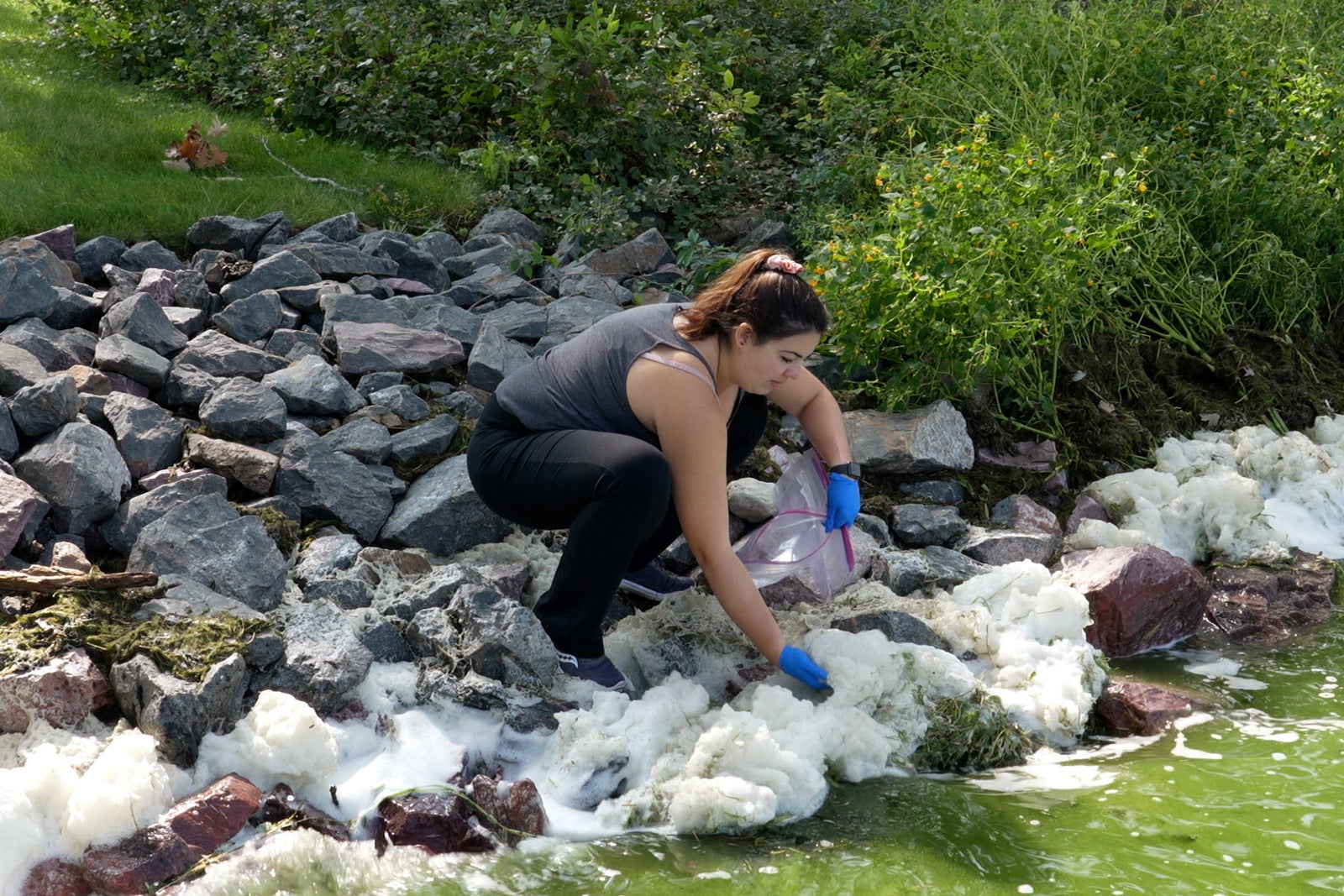Recently published biological research raises concerns about antibiotic-resistant bacteria in Milwaukee waterways.
To conduct the study, researchers working for Wisconsin Sea Grant and other institutions took water and sediment samples from the Milwaukee Harbor, along with three tributaries. The team then grew bacteria from the samples and tested the micro-organisms with 17 kinds of antibiotics. In many cases, the bacteria won.
Marquette University biologist Krassimira Hristova said that if the bacteria from the water get into humans, it could reduce the effectiveness of some drugs. As an example, she pointed to the antibiotic fosfomycin, which is used to treat urinary tract infections. She said the spread of the bacteria would mean that the treatment “is not going to be useful anymore.”
News with a little more humanity
WPR’s “Wisconsin Today” newsletter keeps you connected to the state you love without feeling overwhelmed. No paywall. No agenda. No corporate filter.
Hristova urged people not to use antibacterial products that can lead to the growth of drug-resistant “superbugs.”
The Sea Grant research is published in Frontiers in Microbiology.
Wisconsin Public Radio, © Copyright 2025, Board of Regents of the University of Wisconsin System and Wisconsin Educational Communications Board.



